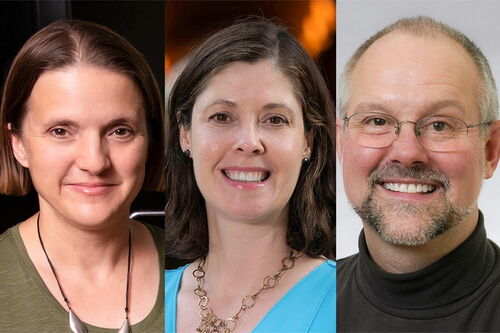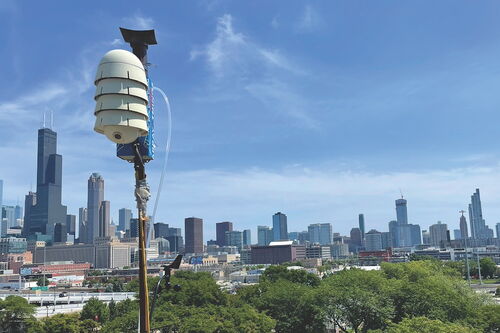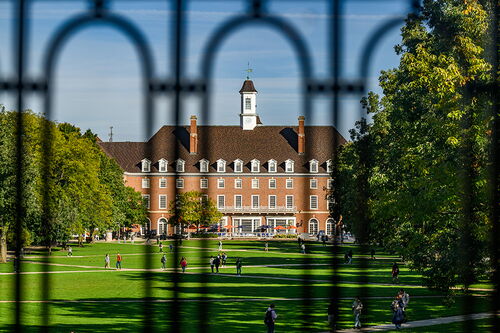Continuing the legacy of an encouraging professor
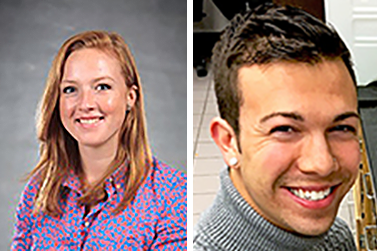
A fund established by donors almost 30 years ago in honor of the late Illinois chemistry professor and alumnus Harold R. Snyder (BS, ’31, chemistry) continues to benefit students by allowing them an opportunity to experience graduate school the summer before their senior year.
Although the research experience was originally intended for Illinois students, since 1996 it has specifically drawn students primarily from undergraduate institutions elsewhere—students who, according to chemistry professor Scott Denmark, “are not exposed to the realities of pursuing a PhD in chemistry.” The program has also evolved into a recruiting tool for outstanding undergraduates who are searching for a potential graduate program to attend.
Participants in the program are named Snyder Scholars, in honor of Snyder, who first came to Illinois as an undergraduate himself. He conducted research with professor R. C. Fuson, and, after leaving Illinois to earn a doctorate at Cornell University, Snyder returned to Illinois in 1937 to join the teaching staff.
Together with Fuson, and professors Roger Adams and Carl "Speed" Marvel, Snyder became part of what was known as the "Big Four" at Illinois, serving as a professor of organic chemistry from 1937 to 1976 and associate dean of the Graduate College from 1960 to 1975.
Denmark, who serves as faculty adviser for the Snyder Scholars program, has been hosting Snyder Scholars in his research group since 1996. He said that the experience “contributes to the overall mission of inspiring new generations of students to pursue advanced degrees which will collectively advance the discipline.”
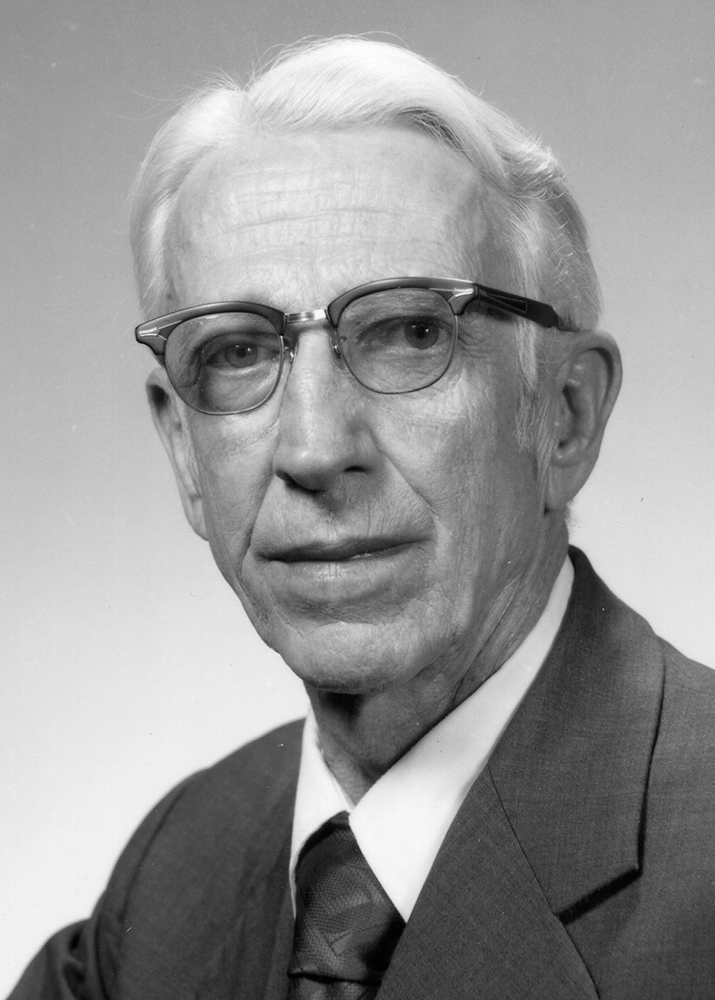
It’s no coincidence that Illinois hosts undergraduates from top institutions the summer before they apply to graduate schools. As Denmark said, “attracting the very best students into our graduate program is critical to maintaining our stature as a premier chemistry department.”
At 10 weeks long, the Snyder experience is a considerably extended version of the traditional campus visit, so it is little wonder that many of the scholars choose Illinois for their doctoral research. Emma Southgate (David Sarlah Group) of Half Moon Bay, California, and Kyle Shelton (Douglas Mitchell Lab) from Des Moines, Iowa, are two such students.
Southgate, who studies the synthesis of anti-cancer natural products, was a Snyder Scholar in the Paul Hergenrother Lab in 2013 and joined Illinois as a graduate student in the fall of 2014. She said the program was “a big influence on my decision to come to Illinois; I knew the department and was interested in many of the research programs going on here. I also felt that the students were people I could get along and work with.”
Shelton agreed, stating that his time as a Snyder Scholar at Illinois assured him he wouldn’t “slip through the cracks.”
“I was treated like a graduate student, given my own project, and expected to show the level of work ethic and creativity of other students with more experience than me, which was understandably challenging but ultimately rewarding,” said Shelton, who is just over two years into his PhD program.
Since the program’s inception, it has served 128 students, most of them non-Illinois undergraduates. The fraction who return for graduate school has recently increased. But, even if they do not, the university still benefits, in Denmark’s view, because the students “share their experience with other undergraduates at their home institution, which benefits our standing, [and] eventually enter the workforce with a positive view of our department.”
The program’s success is possible in large part because of generous alumni support. As Martin Gruebele, head of the Department of Chemistry, notes, the Snyder fund is “an important piece of the puzzle for maintaining the long-term vitality of our research enterprise at all levels, and a model for similar undergraduate research and mentoring programs.”
Bill Pittman (PhD, ’60, chemistry) is one of the program’s many supporters. Pittman studied with Snyder from 1957 to 1960, and he jokes that his thesis “could well have been titled ‘Studies in Negative Results.’” But he appreciated Snyder’s encouragement and support, especially as he switched careers to pursue intellectual property law.
Pittman reflected: “Having always been grateful to Dr. Snyder for his efforts on my behalf at (Illinois), I contributed to programs bearing his name pretty much from the beginning. I will continue for the rest of my life.”
Gruebele is grateful for the support shown by Pittman and other donors, and he hopes that alumni will continue to step forward to provide undergraduates with a unique research experience and an appealing preview of the PhD program at Illinois.
Learn more about Harold Snyder and the Harold R. Snyder Fund in Organic Chemistry here.






